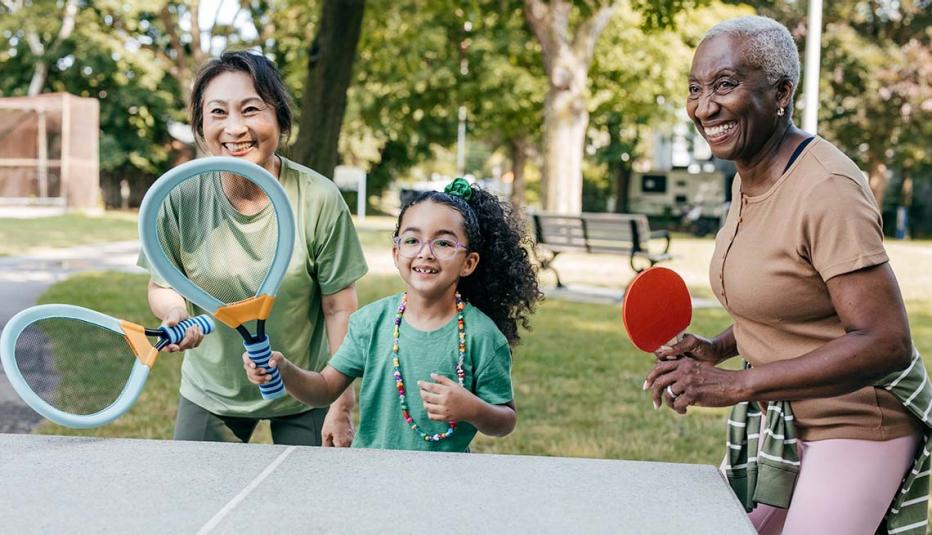AARP Hearing Center
AARP conducted a study of adults age 40+ to characterize participation in cognitively stimulating activities (CSAs). The study sought to understand factors that influence the participation in CSAs along with the relationship to brain health and mental well-being. The study also explored adults’ willingness to include more CSAs in their daily routine and their willingness to participate in cognitive training.


Key findings include:
- Adults who self-report their cognitive functioning, health, and well-being higher:
- Engage in more cognitively stimulating activities (CSAs) per week.
- Have higher average mental well-being scores.
- Have a desire to do even more to improve their brain health.
- Engage in more cognitively stimulating activities (CSAs) per week.
- Over eight in 10 adults age 40+ said they are willing to participate in cognitive training and three-quarters are willing to spend 15-minutes or more per day engaged in it. Those who are most willing to participate rate their current cognitive abilities the highest.
- About one-quarter of adults age 40 and older, and more than four in 10 of those who identify as racial/ethnic minorities, believe that the best way to maintain/improve brain health is to play brain games. Little scientific evidence currently supports this notion.
- The most-frequently reported barrier to adding more mentally-stimulating activities is being uncertain of which activities benefit brain health.
- Attending religious services is a top activity adults age 40+ believe maintains or improves brain health.
- The top five activities adults age 40+ are willing to give up in order to add more mentally-stimulating activities are: watching TV/streaming movies, surfing the internet, playing online games not meant for brain training, recreational shopping, and doing nothing in particular.
- Less than half of adults age 40+ are confident they can add more mentally-stimulating activities into their weekly routine and say they intend to do so.
Interviews were conducted online among 1,140 adults age 40+ using GFK’s Knowledge Panel from May 3-18, 2017. Additional interviews were conducted among African American/Black, Hispanic/Latino, and Asian adults age 40+. The data is weighted to reflect Current Population Survey and American Community Survey benchmarks. For more information, contact Laura Mehegan at LMehegan@aarp.org or (202) 434-3503. For media inquiries, contact Greg Phillips at GPhillips@aarp.org or (202) 434-2544.





































































